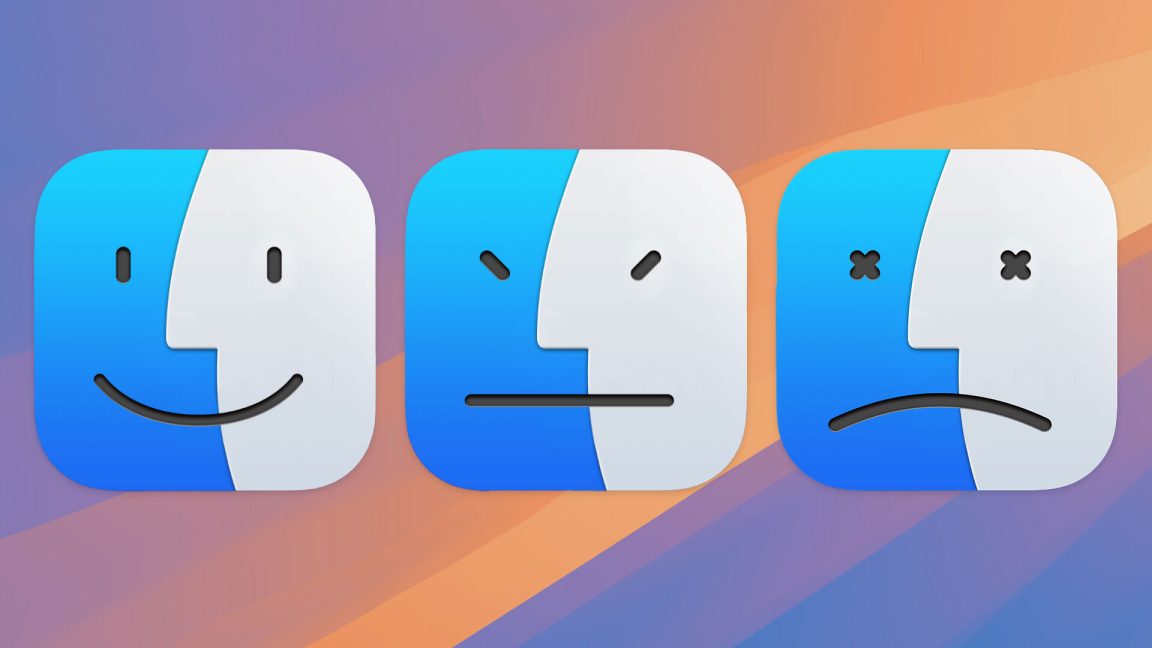According to ArsTechnica, Rosetta 2 will be phased out after macOS 27:

Apple details the end of Intel Mac support and a phaseout for Rosetta 2
Rosetta app translation features for Intel apps won't stay around indefinitely.arstechnica.com
But after that, Rosetta will be pared back and will only be available to a limited subset of apps—specifically, older games that rely on Intel-specific libraries but are no longer being actively maintained by their developers.
That's a bit of a fuzzy definition. I'm wondering what that means for CrossOver. Maybe they have to switch to FEX like Parallels did for the x86 emulation.
That’s a shame, though I could see how Apple wouldn’t want to maintain x86 libs and silicon support. Still, I’m not sure exactly what subset of Rosetta would remain, which is important to understand what the longer term capabilities will actually be.
Original source: https://developer.apple.com/documentation/apple-silicon/about-the-rosetta-translation-environment/
